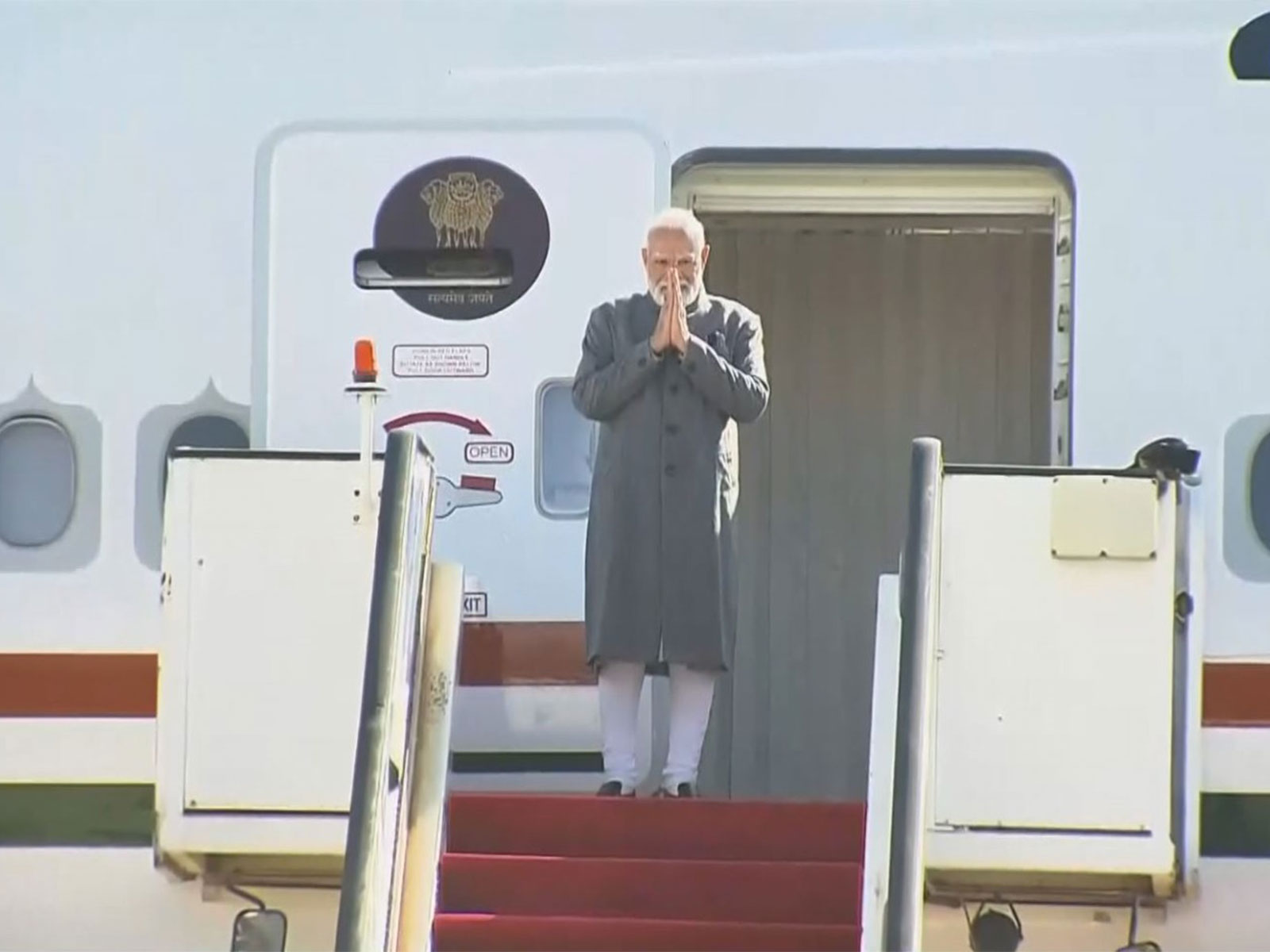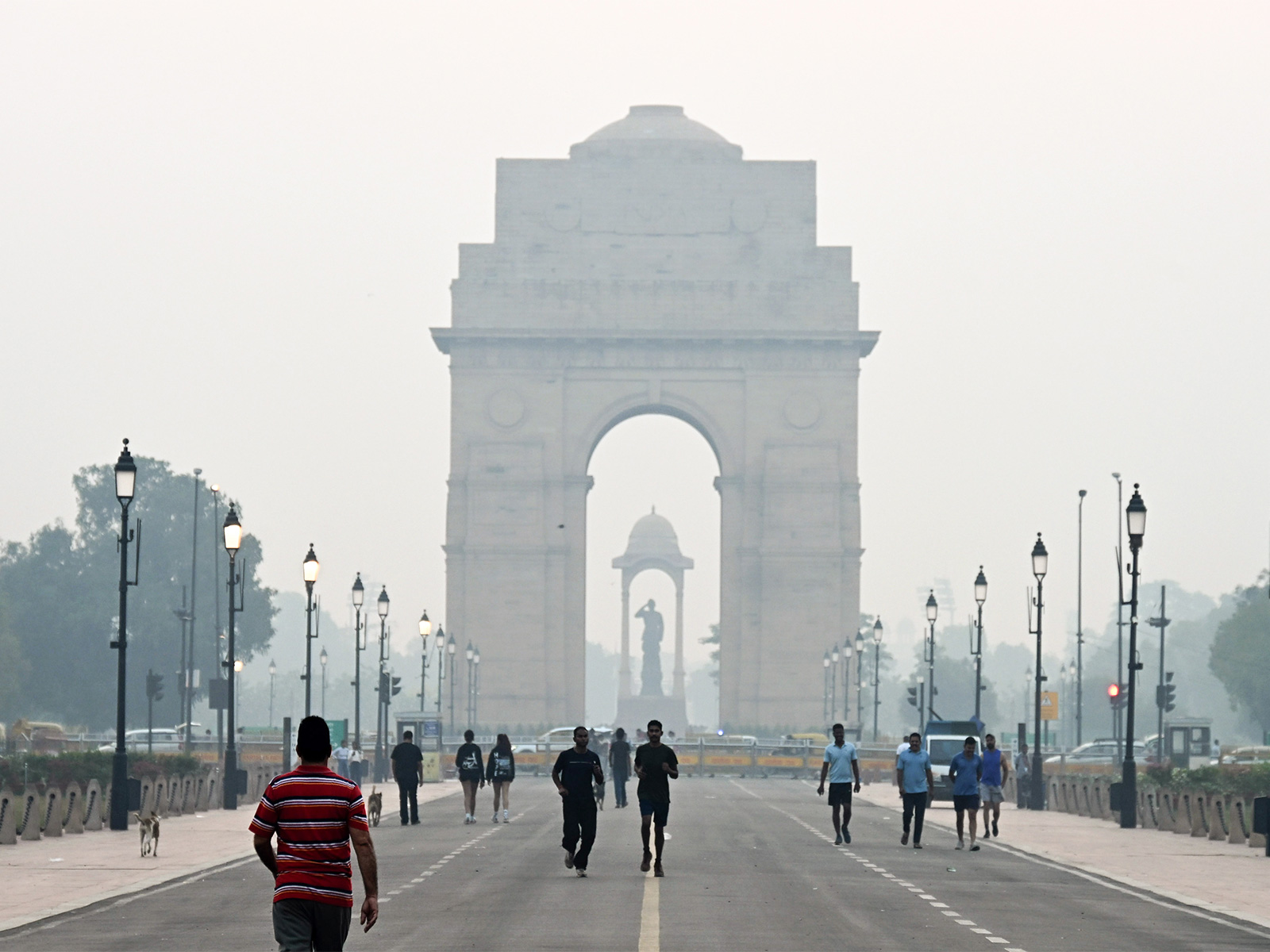China mulls end to childbirth restrictions by 2025:Report
Jun 19, 2021

Beijing [China], June 19 : China is considering ending its limits on childbirth by 2025 after finding its population growth is slowing down, said a report.
According to told The Wall Street Journal, the country could completely eliminate its childbirth restrictions at the end of the government's current five-year economic plan. China's National Bureau of Statistics found in May that the country's birth rate dropped for four consecutive years from 2016 to 2020.
Xinjiang province has reportedly seen the sharpest birth rate drop globally since 1950. Citing sources TWJ stated that China would start easing restrictions in areas with the lowest birth rates before moving to other provinces.
China has an ageing population due to its policies to sterilize women, force abortions on them, impose fine and give jail time to those who break rules surrounding giving birth.
Last year, despite the changes, China produced fewer newborns than in any year since the depths of the Great Famine and the recent economic growth of the country, per capita income is still less than half that of neighbouring South Korea, reported Washington Post.
Earlier, in a CNN article some experts questioned why Beijing did not scrap birth caps entirely? The reason might be Xinjiang. Ben Westcott, writing in CNN said that China kept a limit on parents because of Beijing's attitudes towards its ethnic minorities, particularly those in Xinjiang.
The Chinese government has strictly enforced its family planning policies on minorities in the far-western province, where Beijing is accused of committing genocide against the Muslim-majority Uyghur people. The crackdown caused local birth rates to plunge by a third in 2018.
Experts said Beijing is reluctant to remove all quotas on the number of children per family for several reasons.
But one major factor is that ending the policy would make it much more difficult to justify Beijing's attempts to limit the population in Xinjiang and other regions with large minority groups, which tend to have more children, reported CNN.
Moreover, retaining control over Xinjiang birth rates is not the only reason for the Chinese government's retention of three-child limits on families. Experts said Beijing would be reluctant to find new roles for the tens of thousands of people employed by the government to oversee the country's massive family planning policy.
China's birth rate has been falling rapidly since the introduction of the one-child policy more than 40 years ago, which limited couples to one baby in order to alleviate poverty and stem a population boom.
While the policy successfully reined in birth rates as China developed, in more recent years officials have become concerned the country won't have enough young workers to keep powering its economic growth.
Faced with a demographic crisis, the Chinese government relaxed the policy in 2016 to allow for two children, but many couples in the Han middle class were reluctant to have more than one child, citing the high costs of raising families particularly in cities. In 2020, the birth rate fell by almost 15 per cent year on year.



















